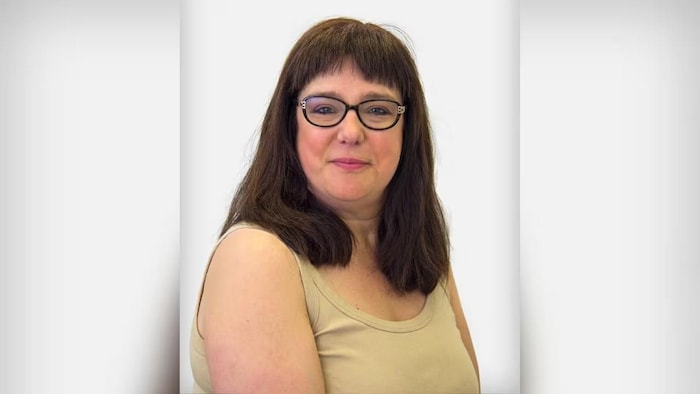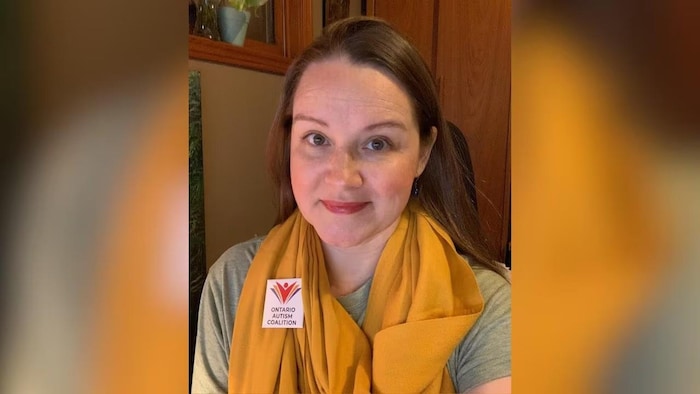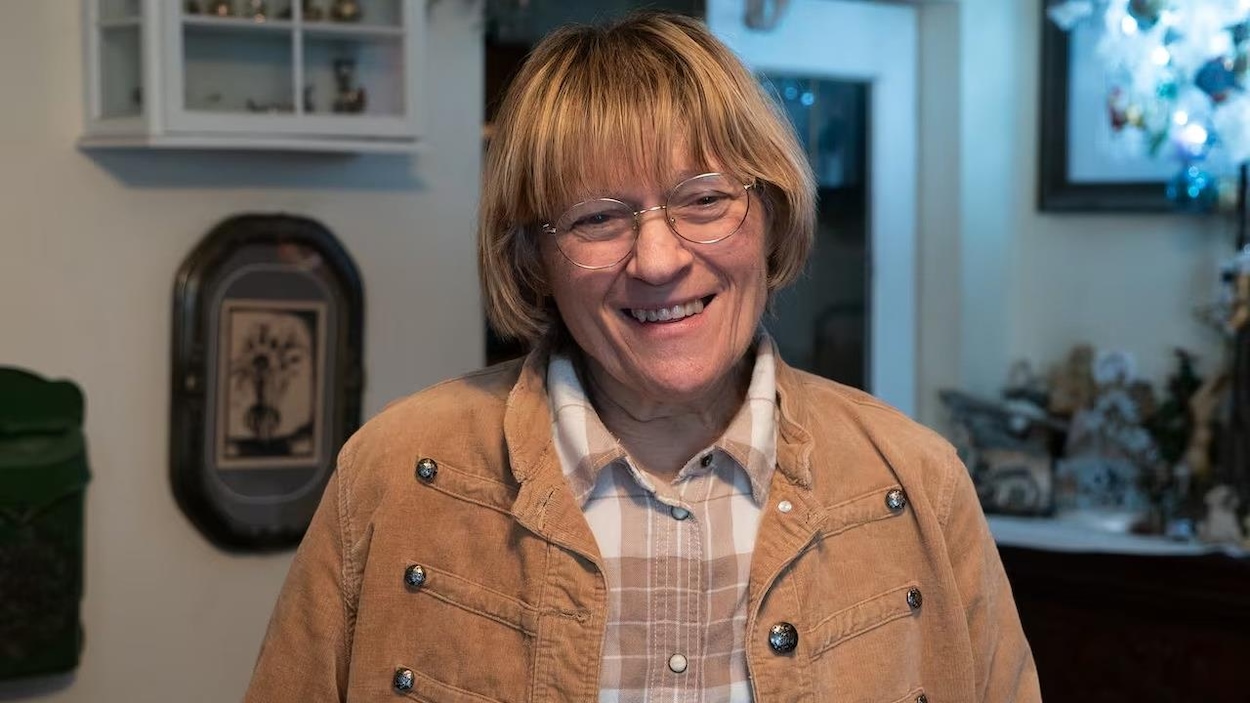“It was like I was an alien living on earth,” recalls Annie Kent. It wasn’t until decades of what she calls “misdiagnoses” that she finally understood why she felt the way she did as a child.
In 2022, she was diagnosed with attention deficit hyperactivity disorder (ADHD) and autism.
I always knew there was something different about me, but as a girl I couldn’t put it into words.
Despite some learning disabilities, she continued to do well in school and earned a master’s degree in psychology.
I owned it a lot of theoretical knowledge without the ability to apply it in a real practical situation
she recalls. At that time, people did not even consider the possibility that girls could be autistic.
Obstacles to diagnosing women and girls
There is enough research to show that the later you are diagnosed, the more mental health problems you have as adults.
is supported by Dr. Beth Kelley, Associate Professor of Psychology and Psychiatry and Neuroscience Studies at Queen’s University and involved with the Ontario Neurodevelopment Network.

According to Dr. Kelley, the lack of research on autism in girls continues to affect professional perceptions of neurodivergence in women.
Photo: Courtesy of Dr. Beth Kelley
According to her, there are several reasons why women still struggle to receive an autism diagnosis:
- The tools many experts use to make diagnoses are based on autism research with men.
- Clinicians associate autism as a male disorder due to implicit bias.
- Women are usually better at hiding their symptoms at a younger age due to the way they were raised and socialized.
As a result, more women are diagnosed later in life. And while some are happy to finally receive a diagnosis, others, on the contrary, welcome it with bitterness, notes Dr. Kelley.
We need to do more research and perhaps develop diagnostic tools specifically for girls so that they can be diagnosed earlier.
Lack of support for adults with autism
Alina Cameron, president of the Ontario Autism Coalition, says hundreds of families are still struggling to get their daughters diagnosed.
After the age of 18, people tend to forget.
The coalition has established a new task force to advocate for more resources for adults with autism.

Alina Cameron, president of the Ontario Autism Coalition, says more efforts are being made to support adults with autism.
Photo: Courtesy of Alina Cameron
Among their hobby horses? That people with autism get more money from the Ontario Disability Support Program and can have better living and working conditions.
We know that providing young children with plenty of support and services, as well as important coping strategies and therapies, can reduce their dependence on social systems in the future
she explains.
However, she adds thatthere are some people who will (always) need some level of support as adults
.
Policy changes in progress
The federal government is currently developing a national autism strategy and last July announced $500,000 to the Canadian Autism Alliance to develop a national autism network.
A network whose goal is to would be to bring together the skills and resources of people with experience, autism-focused organizations and other autistic support groups in Canada
writes the Office of Communications of the Ministry of Health Canada and the Public Health Agency of Canada (PHAC).
l’PHAC wants to publicize the strategy and a poll was posted online last summer to let the public have their say on the issue.
Kent says she is optimistic about the federal government’s strategy and upcoming changes to the Accessibility Act for Ontarians with Disabilities, but says the law itself will not change anything
.
People need to understand that (autism) is not a mental illness. It’s just a difference in the way our brains develop.
I am a human being and have so many skills and strengths to offer, as do many other (autistic) women
she concludes.
With a report from CBC’s Sarah Law

